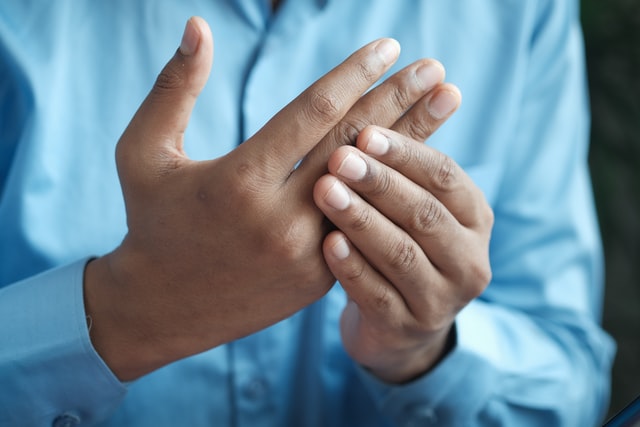How to Keep Your Bones Strong as You Age

Keep Your Bones Strong as You Age
Aging is a natural part of life – and one that’s often rewarding and enriching. But it can also come with its fair share of challenges, including weak bones. Because this thinning of bone mass can lead to osteoporosis, a condition in which thin bone density puts bones at high risk for fracture, it’s important to know that there are ways you can help maintain bone health. Avoiding osteoporosis and building strong bones is achievable with just a little bit of work.
Osteoporosis diet
Eating the right food for strong bones is as simple as incorporating into your diet foods that are good for you in a number of ways and can help you with your overall health. This osteoporosis diet includes:
- Foods high in calcium and vitamin D. These include milk, low-fat cheese and other dairy foods – along with fortified orange juice, leafy greens like spinach, vegetables such as broccoli and onions, salmon, tuna, trout and even fortified cereals.
- Foods high in protein. We often think of protein as the building block for muscle, but bones are composed of protein, as well, making it important to take in plenty of lean meats, nuts and legumes.
- Whole foods. Avoiding processed foods and sticking with natural lean meats plus whole grains, fruits, vegetables, nuts and beans helps you avoid unwanted fillers and preservatives while delivering maximum nutrition.
- Antioxidants. Foods that are high in antioxidants, such as broccoli, cabbage, strawberries, blueberries, artichokes and pecans have been shown to help preserve bone strength.
Exercise
It may sound strange, but building muscles can actually improve bone health. Incorporating weight-bearing exercises can help preserve bone density, so incorporate activities like walking, climbing stairs, weight-lifting, deep knee bends and resistance exercises with stretch bands into your routine for strong bones, and you’ll also enjoy greater fitness and heart health to boot.
Healthy habits
Paying attention to other habits can also help you keep tabs on bone strength and make any needed changes to improve bone health.
- Stop smoking and limit alcohol.
- Get regular checkups with your doctor to have your hormone levels checked and to review any medications you take routinely.
- Consider supplementing with vitamins for bones – such as extra calcium, vitamin D, magnesium and zinc.
- Maintain a healthy weight, since obesity increases your risk for osteoporosis.
Following these helpful guidelines is especially important for those at greater risk for osteoporosis. If you’re a woman, white or of Asian descent, or have a small skeletal frame, you’re at higher risk for osteoporosis and fracture – and have all the more reason to take steps to improve bone health.
Building strong bones is a long-term commitment – but sticking with these healthy habits for strong bones can keep you or your loved one healthy and out of the emergency room. However, should an emergency occur, know that the experienced emergency medicine physicians at Avail Hospital are here for you.
